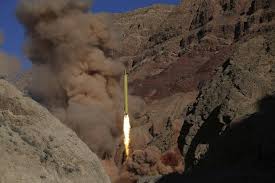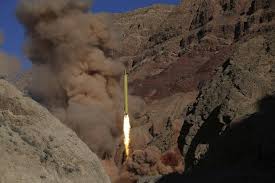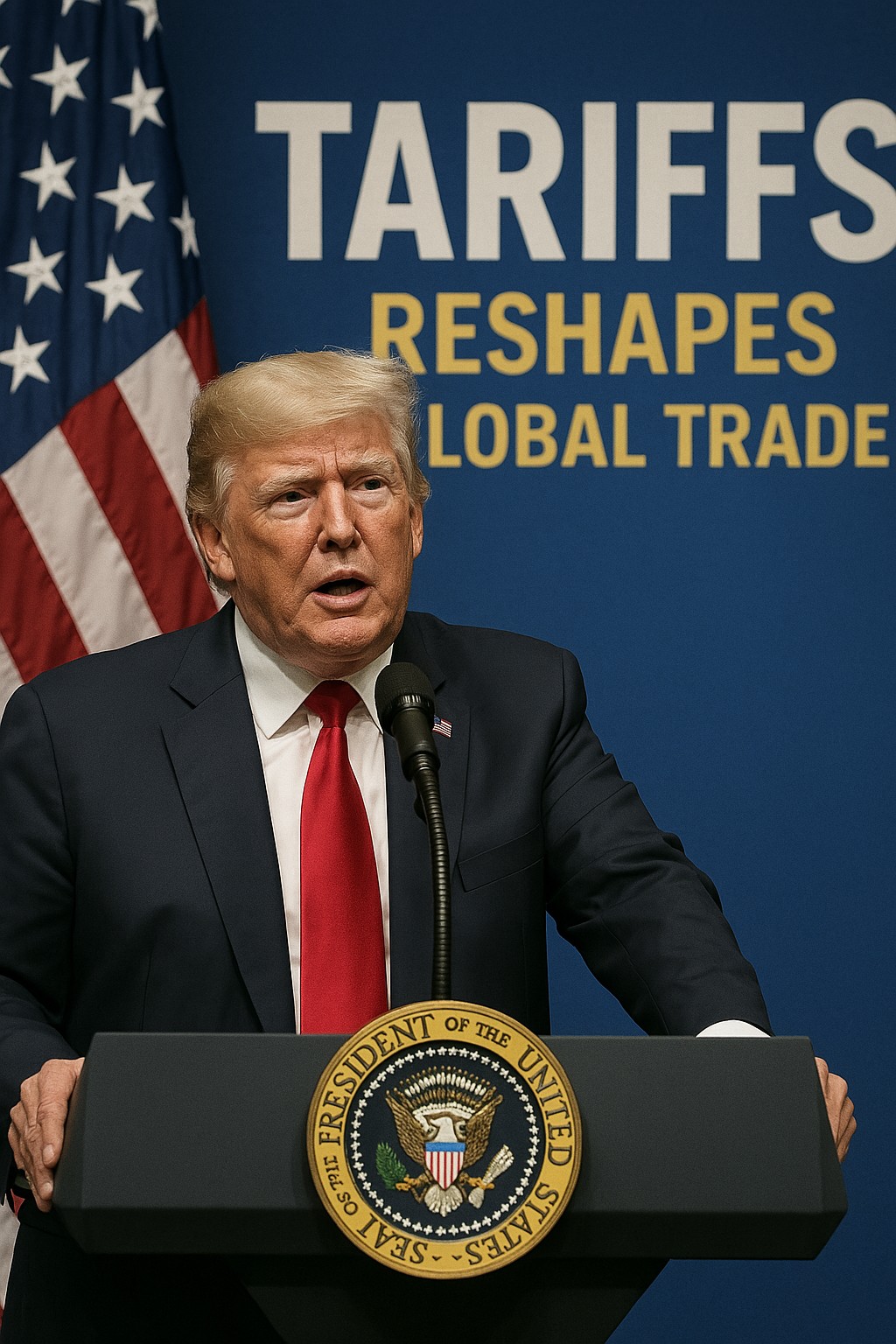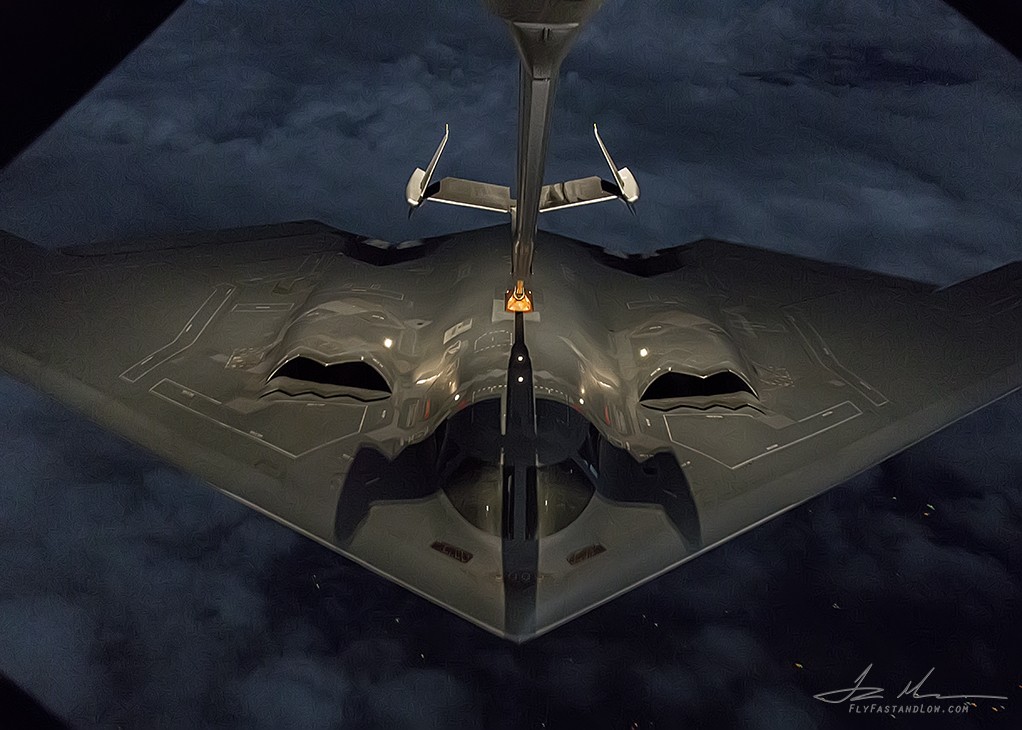
The recent transfer of Iranian ballistic missiles to Russia has raised alarms in Washington. U.S. officials view this move as a significant escalation in support for Russia’s military actions in Ukraine. As tensions continue to rise, the U.S. is closely monitoring these developments.
Iran’s decision to supply short-range ballistic missiles to Russia marks a pivotal shift in the dynamics of the ongoing conflict. These missiles could enhance Russian capabilities on the battlefield, potentially allowing for more aggressive operations in Ukraine. The U.S. response underscores the seriousness of this situation.
Currently, the long-range Storm Shadow missiles the U.S. provides to Ukraine have strict limitations. Ukrainian forces cannot use these advanced weapons against targets inside Russia. This restriction is designed to avoid further escalation and to keep the conflict contained. However, President Volodymyr Zelenskyy has expressed a desire to have the ability to strike deep inside Russia. He believes that such actions could deter further aggression from the Kremlin.
The contrast between Iran’s actions and those of Western nations is stark. While Iran is openly supplying weapons to Russia, Western countries have been cautious about their military support to Ukraine. The West aims to provide Ukraine with the means to defend itself, yet they are also keen on avoiding an escalation that could lead to a broader war. This delicate balance is crucial in the ongoing conflict.
Moreover, the implications of Iran’s missile transfer extend beyond Ukraine. It signals a deepening military cooperation between Tehran and Moscow. This partnership encourages both nations in their respective regional agendas. For Iran, supporting Russia may provide a strategic ally against Western sanctions and pressures. For Russia, acquiring Iranian weapons could bolster its military efforts in Ukraine and beyond.
The U.S. has been vocal about its disapproval of Iran’s military support for Russia. Officials have warned that such transfers could provoke a strong response from the West. There is growing concern that if Iran continues to supply arms to Russia, it may lead to more severe consequences for both nations. The situation is fluid, and the U.S. is prepared to take necessary action.
As the conflict in Ukraine continues, the stakes are higher than ever. The interplay between Iranian support for Russia and Western military aid to Ukraine could shape the region’s future. The U.S. remains committed to supporting Ukraine, but the situation’s complexities require careful navigation.
The transfer of Iranian ballistic missiles to Russia represents a significant development in the ongoing conflict. It enhances Russia’s capabilities and complicates the West’s support for Ukraine as both sides prepare for the next phase of the conflict. The balance of power in the region hangs in the balance, and the actions of Iran and the West will be pivotal in determining the outcome.




